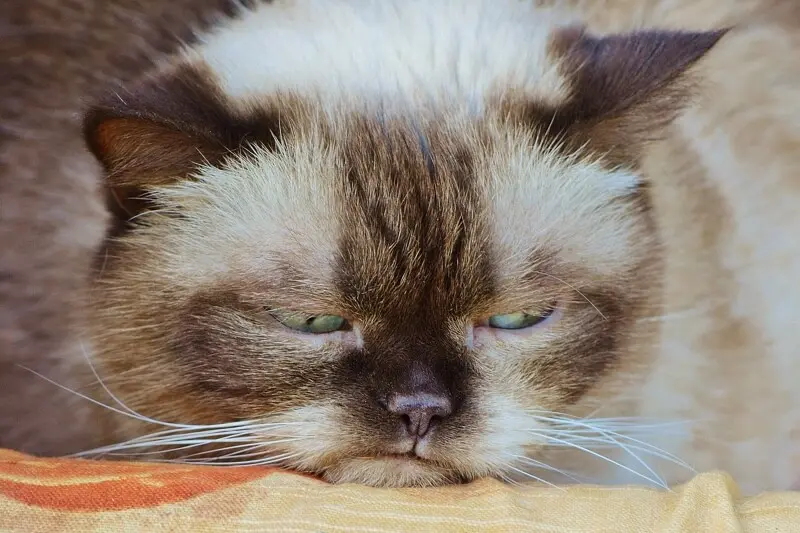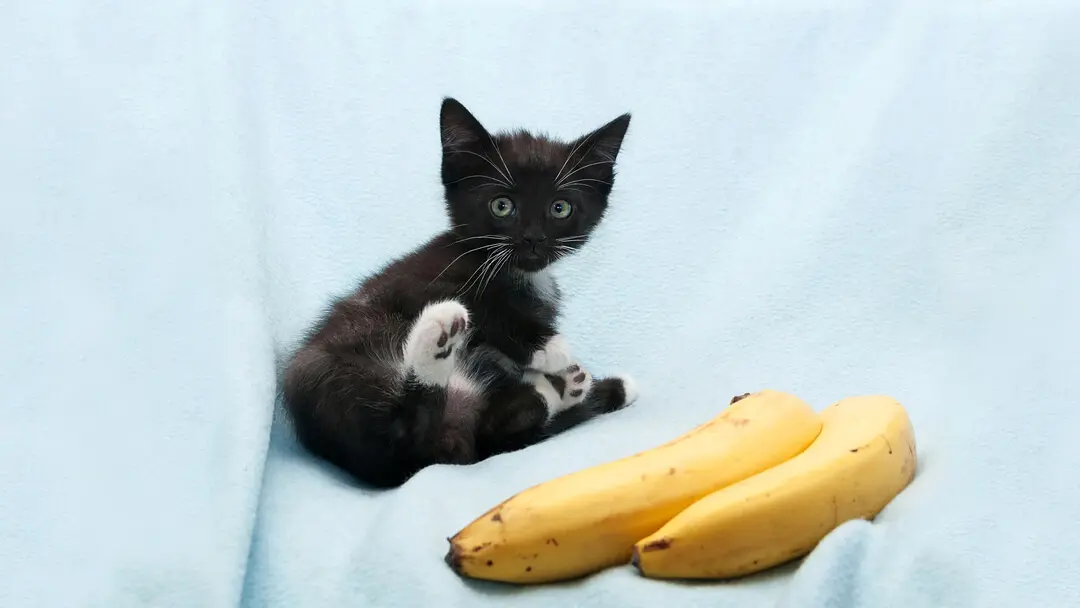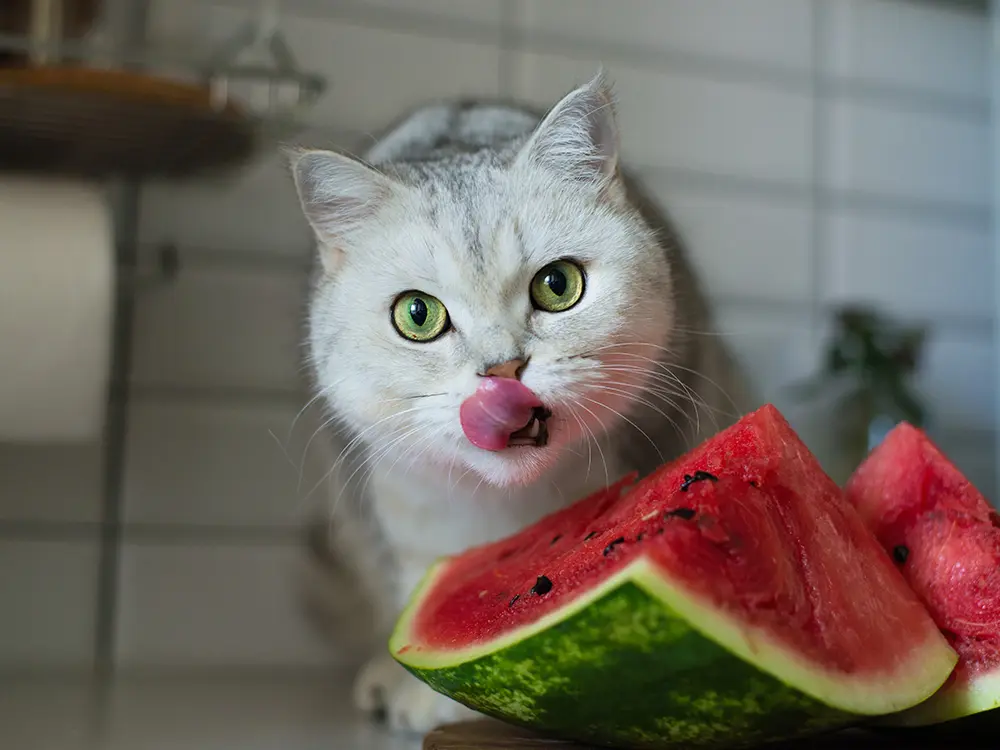
Cat owners are familiar with observing their feline companions regurgitating food or expelling hairballs. While occasional vomiting is deemed normal for cats, frequent or persistent incidents require attention. Understanding the reasons behind your cat's vomiting is crucial for safeguarding their health and overall well-being.
Hairballs:
A common cause of cat vomiting is the development of hairballs. Cats, known for their meticulous grooming, ingest loose hairs during the grooming process. These hairs can accumulate in the stomach, forming hairballs that are eventually expelled through vomiting. While sporadic hairballs are considered natural, recurrent incidents may indicate excessive grooming or an underlying issue.
Dietary Indiscretions:
Cats are inherently curious beings, and their explorations often involve sampling unfamiliar items. Ingesting non-food items, toxic plants, or spoiled food can lead to stomach upset and vomiting. Monitoring your cat's environment is crucial to minimize access to potentially harmful substances.
Sudden Diet Changes:
Abrupt alterations in your cat's diet can serve as a significant trigger for vomiting. Cats thrive on routine, and their digestive systems can be sensitive to sudden changes in food. When introducing a new diet, it's advisable to do so gradually, allowing their digestive system to adapt.
Food Allergies Or Sensitivities:
Similar to humans, cats can develop allergies or sensitivities to specific foods. If your cat frequently vomits after meals, exploring a hypoallergenic diet or consulting with your veterinarian to identify potential allergens is advisable.
Gastrointestinal Issues:
Underlying gastrointestinal problems like inflammatory bowel disease (IBD) or gastritis can manifest through vomiting. Persistent vomiting, especially when accompanied by symptoms such as diarrhea or lethargy, requires a visit to the vet for a thorough examination.
Parasites:
Intestinal parasites, including worms, can disrupt digestion, leading to vomiting. Regular deworming treatments, as recommended by your veterinarian, can help prevent and address parasite-related issues.











